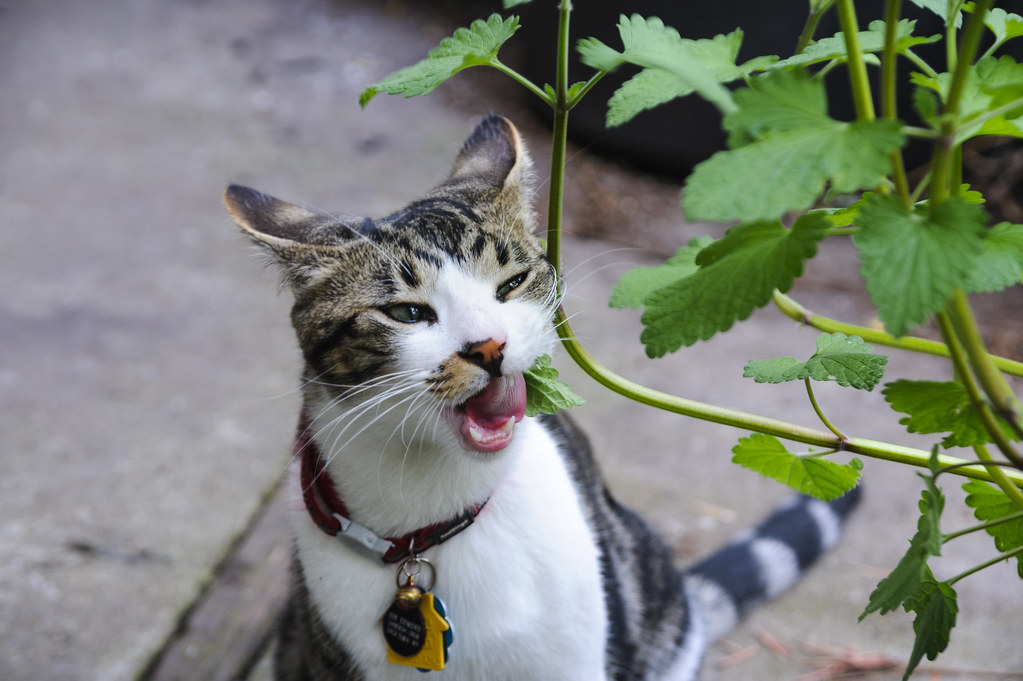Catnip, scientifically known as Nepeta cataria, is a perennial herb renowned for its captivating effects on felines. While many are familiar with the euphoric responses it elicits in cats, catnip also possesses a range of medicinal properties beneficial to humans. This article aims to provide an insightful exploration of catnip, detailing its benefits, uses, and potential side effects.
I. What is Catnip?
Catnip is a member of the mint family, Lamiaceae, indigenous to Europe and Asia, though it has since spread to North America. Characterized by its square stem, heart-shaped leaves, and small white or purple flowers, catnip contains the compound nepetalactone, which is responsible for its distinctive aroma and effects on cats.
II. How Does Catnip Work?
Upon exposure to catnip, many cats exhibit heightened excitement and playful behavior. This reaction is attributed to nepetalactone stimulating pleasure receptors in their brains. The effects typically last between 10 to 15 minutes, after which the cat may enter a state of calm. It is worth noting that sensitivity to catnip is hereditary, meaning not all cats will respond to it.
III. Benefits of Catnip
Catnip offers numerous advantages for both cats and humans, including:
- Stress Relief: Catnip can help alleviate stress and anxiety in cats, making it useful during stressful situations such as car rides or veterinary visits.
- Insect Repellent: The nepetalactone in catnip serves as a natural insect repellent, effectively warding off mosquitoes and flies.
- Digestive Aid: Catnip can promote digestion and relieve stomach discomfort for both cats and humans.
- Pain Relief: With its analgesic properties, catnip can help mitigate pain, including headaches and menstrual cramps.
IV. Uses of Catnip
The versatility of catnip allows for various applications:
- Cat Toys: Catnip can enhance the appeal of toys by being sprinkled on or stuffed inside them.
- Tea: Brewing catnip into tea can provide calming and digestive benefits.
- Insect Repellent: Crushed catnip leaves can be applied to the skin as a natural insect deterrent.
- Essential Oil: Catnip essential oil can be employed in aromatherapy to promote relaxation and reduce anxiety.
V. Side Effects of Catnip
While catnip is generally considered safe, it may cause some side effects, such as:
- Overstimulation: Excessive exposure can lead to hyperactivity, aggression, or even vomiting in cats.
- Allergic Reactions: Some individuals, both feline and human, may experience allergic reactions, including itching and swelling.
- Sedation: In certain cases, catnip can induce drowsiness and lethargy in cats.
VI. Conclusion
In summary, catnip is a remarkable herb that provides a multitude of benefits for both cats and humans. From stress relief and insect repellent properties to digestive aid and pain relief, catnip serves as a natural remedy worth incorporating into daily life. However, moderation is key, and it is essential to monitor for any adverse reactions. Ultimately, catnip can enhance the well-being of both cats and their human companions, making it a valuable addition to any household.


